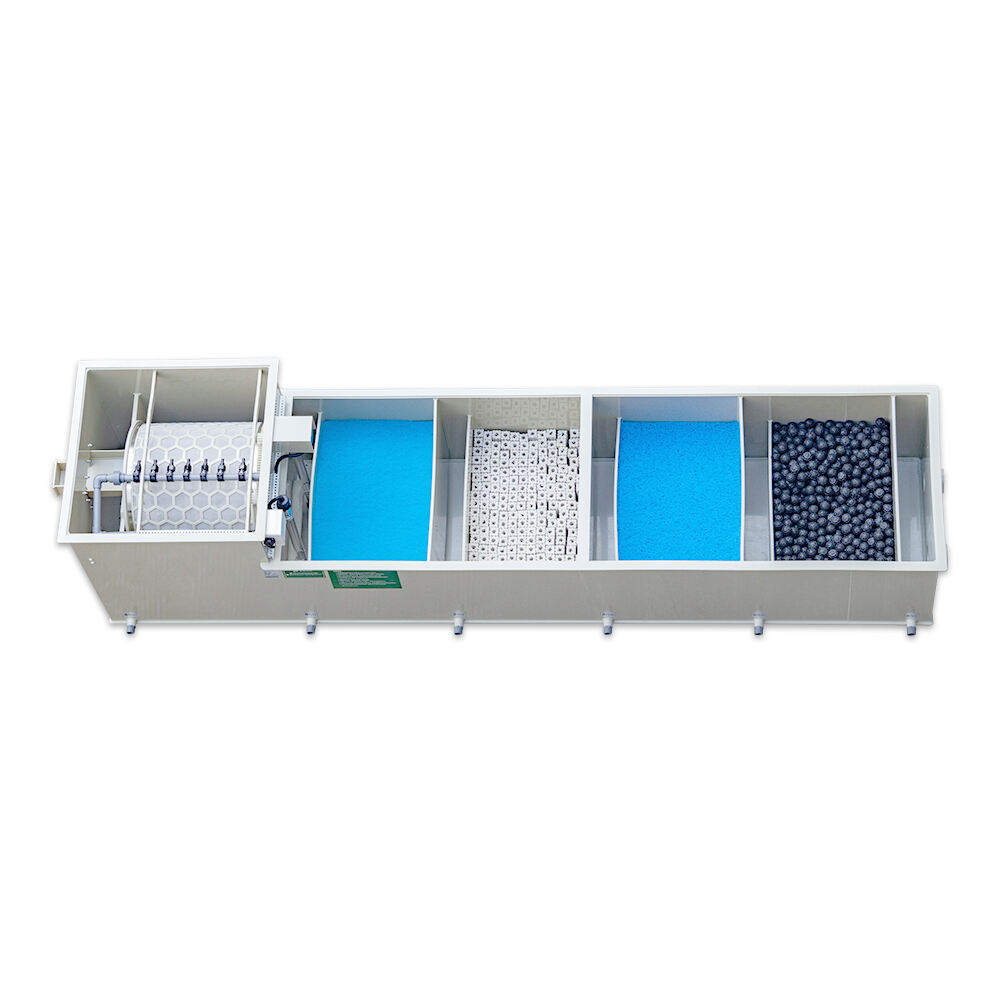koi fish pond filter
A koi fish pond filter is an essential component that maintains water quality and ensures the health of your valuable koi fish. This sophisticated filtration system combines mechanical, biological, and chemical processes to create an optimal living environment. The mechanical filtration removes physical debris, such as leaves, fish waste, and uneaten food, preventing them from decomposing and contaminating the water. The biological filtration hosts beneficial bacteria that break down harmful ammonia and nitrites into less toxic compounds, while chemical filtration removes dissolved pollutants and helps maintain proper water chemistry. Modern koi pond filters often feature multiple chambers that house different filter media, allowing for efficient water processing at various stages. These systems typically include easy-access panels for maintenance, adjustable flow rates to accommodate different pond sizes, and backwash capabilities for simple cleaning. Advanced models may incorporate UV sterilization to control algae growth and automated monitoring systems that alert owners to water quality changes. The filter's design ensures continuous water circulation, which is crucial for maintaining oxygen levels and distributing filtered water evenly throughout the pond.


